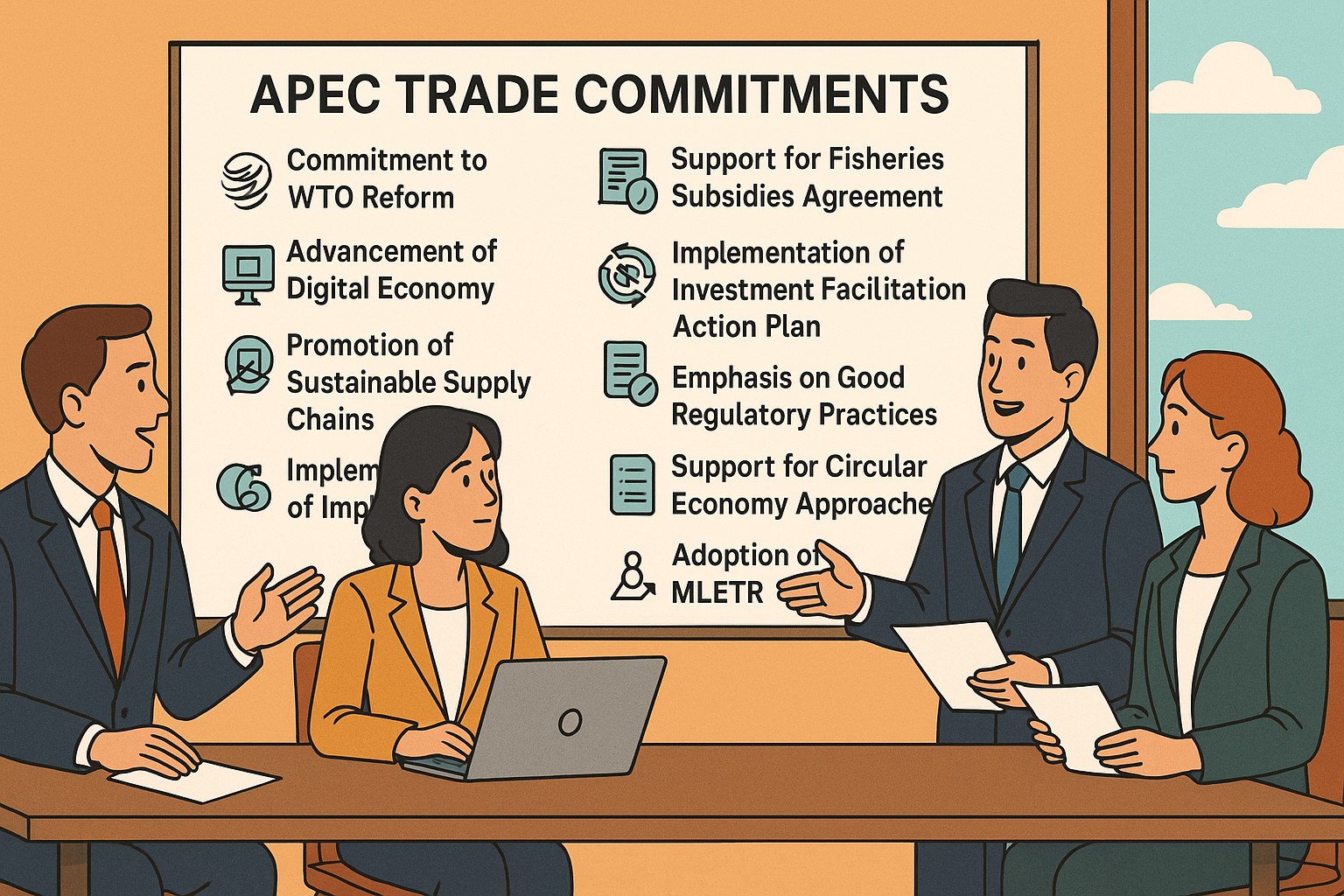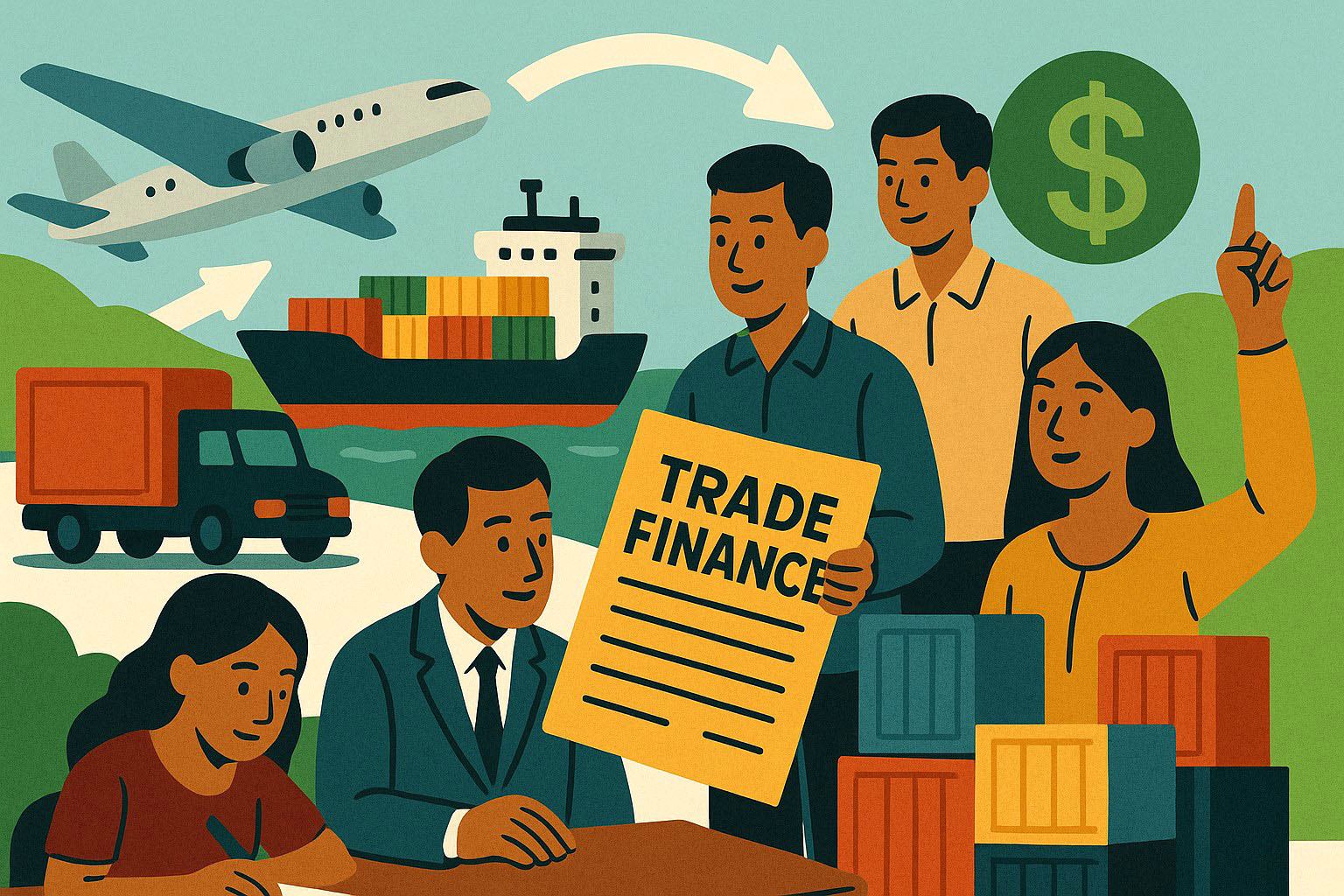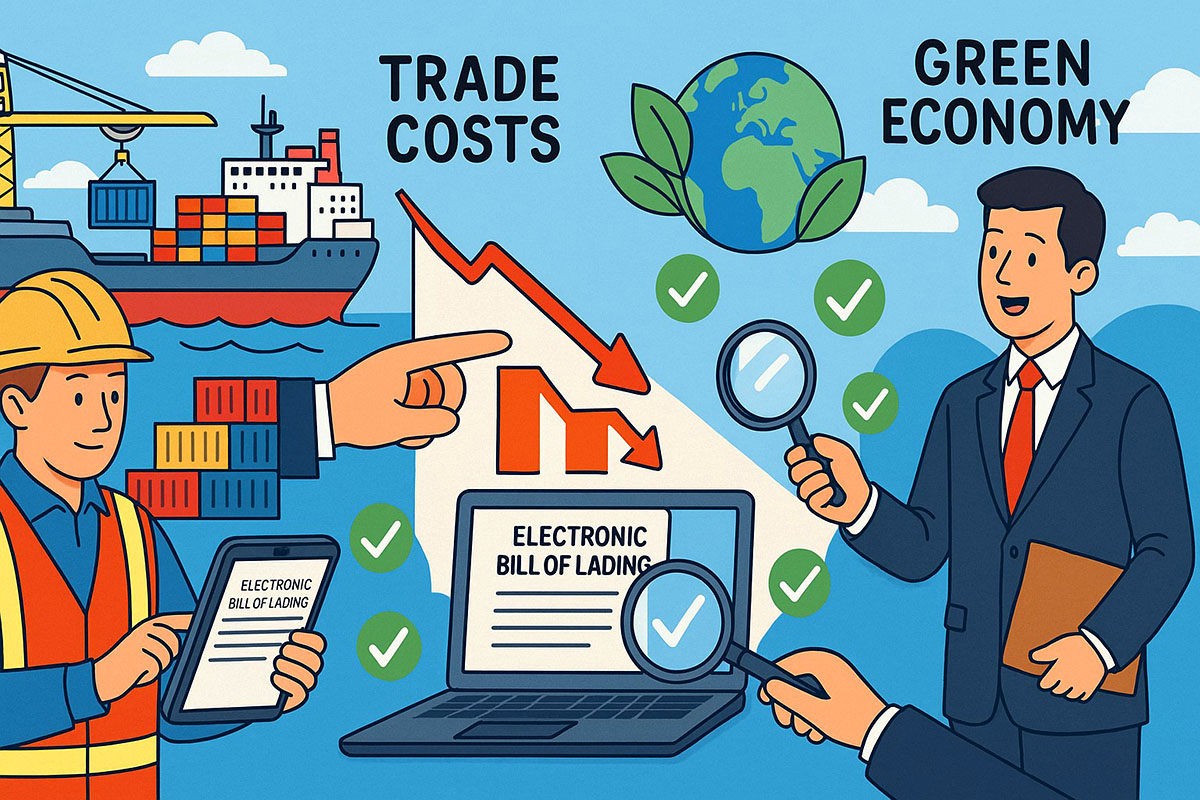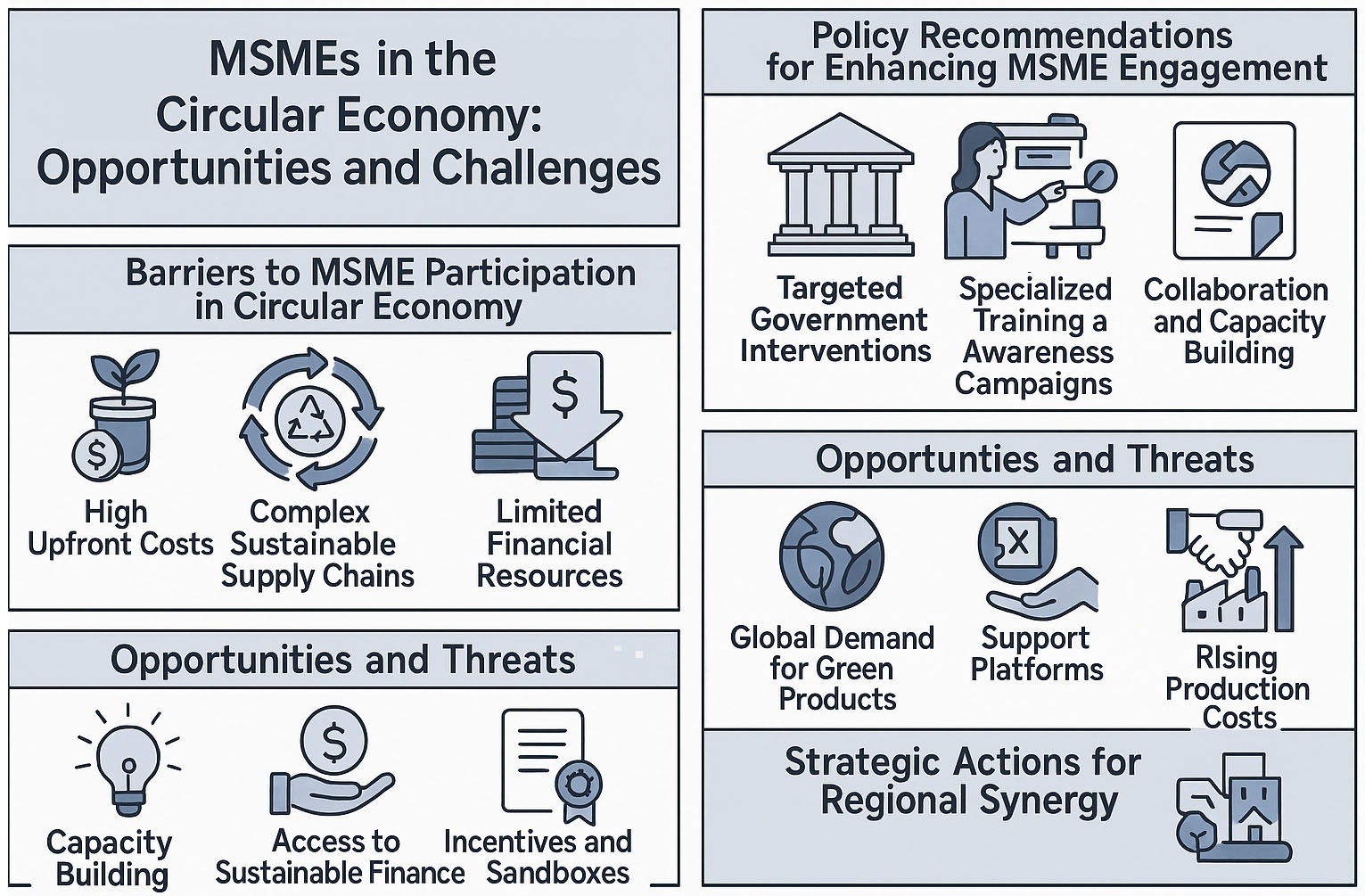Trade and Supply Chain Finance
-
France Becomes First European Union Country to Fully Embrace Digital Trade Instruments

Paris, August 14, 2025 – France has taken a historic leap into the digital age of global trade. With the publication of Decree No. 2025-811 in the Journal Officiel, the country has fully transposed the UNCITRAL Model Law on Electronic Transferable Records (MLETR) into its national legal framework. The reform, long awaited by the trade Read more
-
EU Businesses Scramble to Recalibrate Supply Chains Amid Global Trade Turmoil
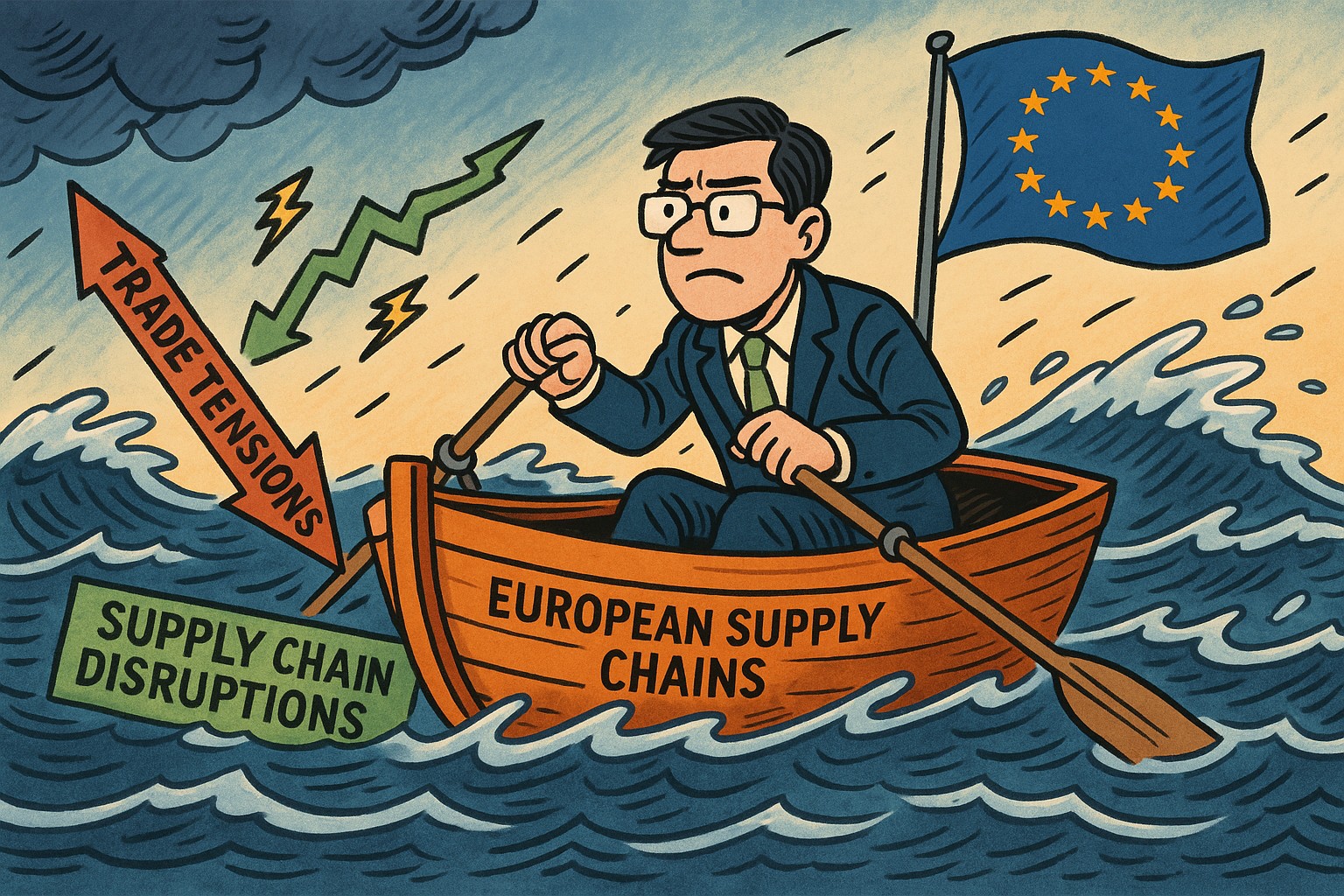
Brussels, June 27, 2025 – Faced with rising global trade tensions and escalating geopolitical uncertainty, European Union businesses are scrambling to adapt their supply chains, according to a new report from the European Investment Bank (EIB) released today. The report, “Shock Waves from Turbulent Times: How EU Businesses Recalibrate Supply Chains,” reveals that EU companies Read more
-
Navigating the Legal Landscape of Distributed Ledger Technology in Trade: A UNCITRAL Perspective

The United Nations Commission on International Trade Law (UNCITRAL) has prepared a draft guidance document addressing the legal issues surrounding the use of distributed ledger technology (DLT) in international trade. This document, developed through several sessions of UNCITRAL, aims to provide commercial operators with a comprehensive overview of the legal considerations when implementing DLT in Read more
-
T20 South Africa’s High-Level Recommendations to the G20: A Blueprint for Global Transformation
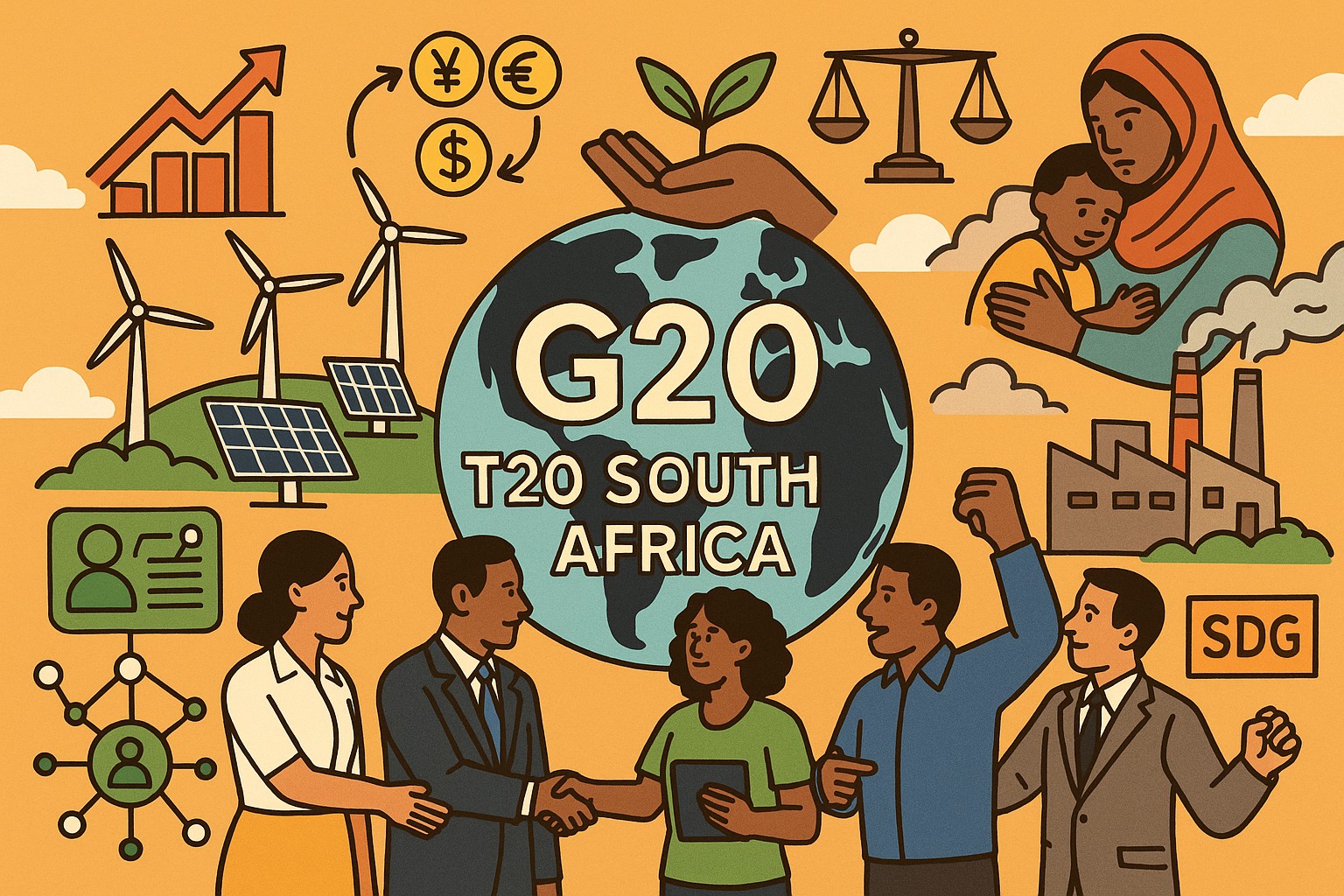
The T20 South Africa, acting as the official think tank engagement group of the G20, has released its High-Level Recommendations Communiqué ahead of the G20 Summit hosted by South Africa. This comprehensive document outlines critical policy directions aimed at tackling pressing global challenges, with a strong emphasis on amplifying the voices of Africa and the Read more
-
The 2025 APEC Ministers Responsible for Trade Meeting concluded in Jeju, Republic of Korea, on May 16, 2025, with a joint statement outlining significant decisions aimed at fostering regional economic resilience and cooperation. Key Decisions: These decisions reflect APEC’s commitment to addressing contemporary trade issues, fostering new ideas, facilitating economic growth, and building momentum toward Read more
-
On base report “Trade Finance in Central America and Mexico” trade finance plays a crucial role in facilitating the smooth flow of goods and services across borders. In Central America and Mexico, trade finance is not just a tool for managing risks and securing working capital; it is an essential mechanism that supports the region’s Read more
-
International Trade Centre created document “Expediting Trade Through Electronic Bills of Lading” focuses on the growing use of electronic bills of lading (eBLs) in global trade, an innovative digital solution that offers numerous advantages over traditional paper-based systems. It explores the economic, environmental, and security benefits of adopting eBLs, as well as the challenges that Read more
-
Building Supply Chain Resilience in ASEAN: Extended Analysis of ADB’s Strategic Roadmap
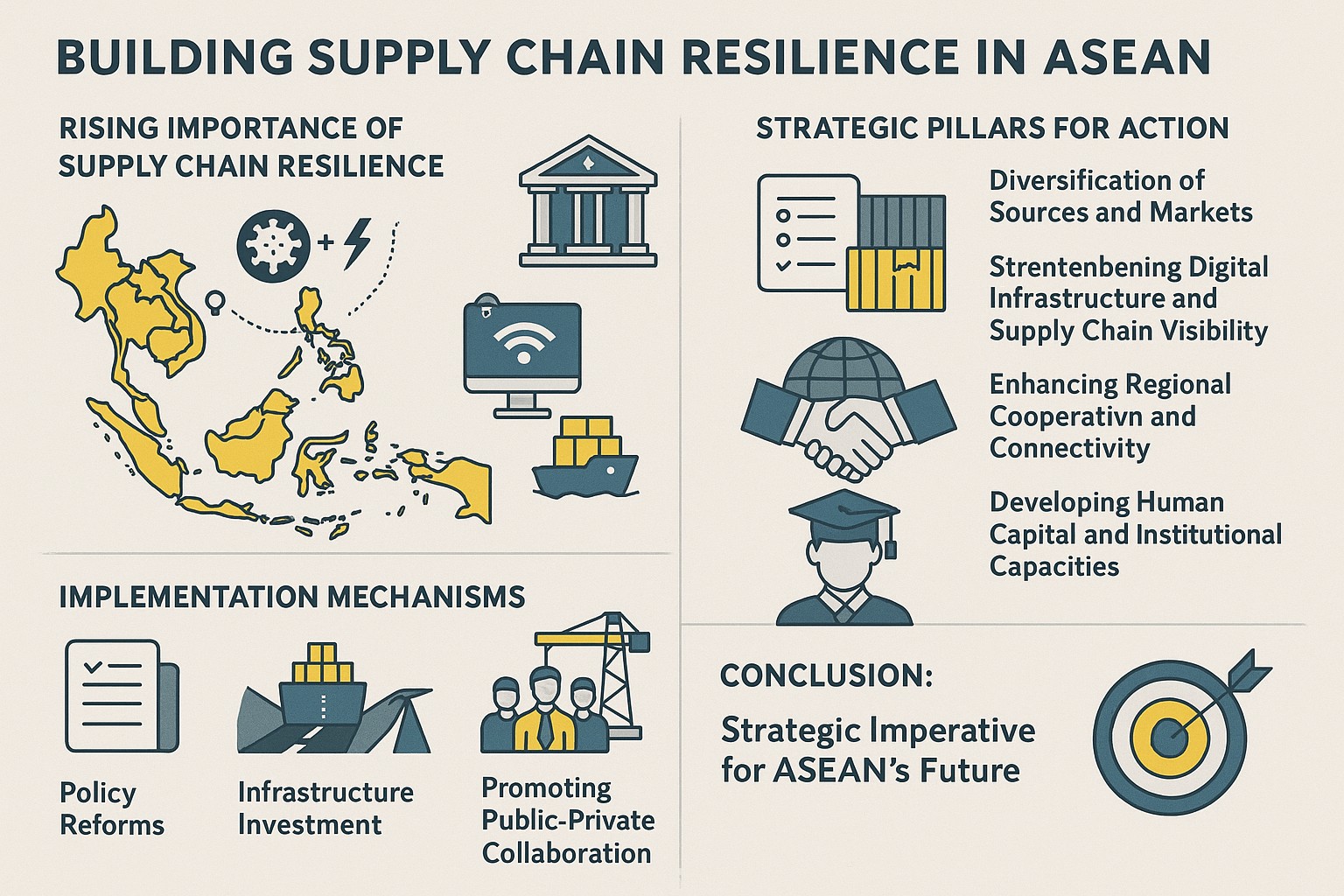
The Asian Development Bank (ADB), in its report Building Supply Chain Resilience in ASEAN, presents a detailed strategy for how ASEAN economies can fortify their supply chains in an increasingly volatile global environment. Recognizing the significant disruptions caused by COVID-19, geopolitical tensions, technological shifts, and climate change, the document stresses the urgent need for diversified, Read more
-
The recent study titled “Study on MSME Participation in the Circular Economy”, published by the ASEAN Secretariat with support from GIZ, provides an in-depth analysis of the role of Micro, Small, and Medium Enterprises (MSMEs) in advancing circular economy (CE) practices within the ASEAN region. This study validates policy recommendations aimed at enhancing MSME engagement Read more
-
Impact of Trade Digitalization on Trade, Wages, and Producer Prices: Global, Regional, and National Estimates
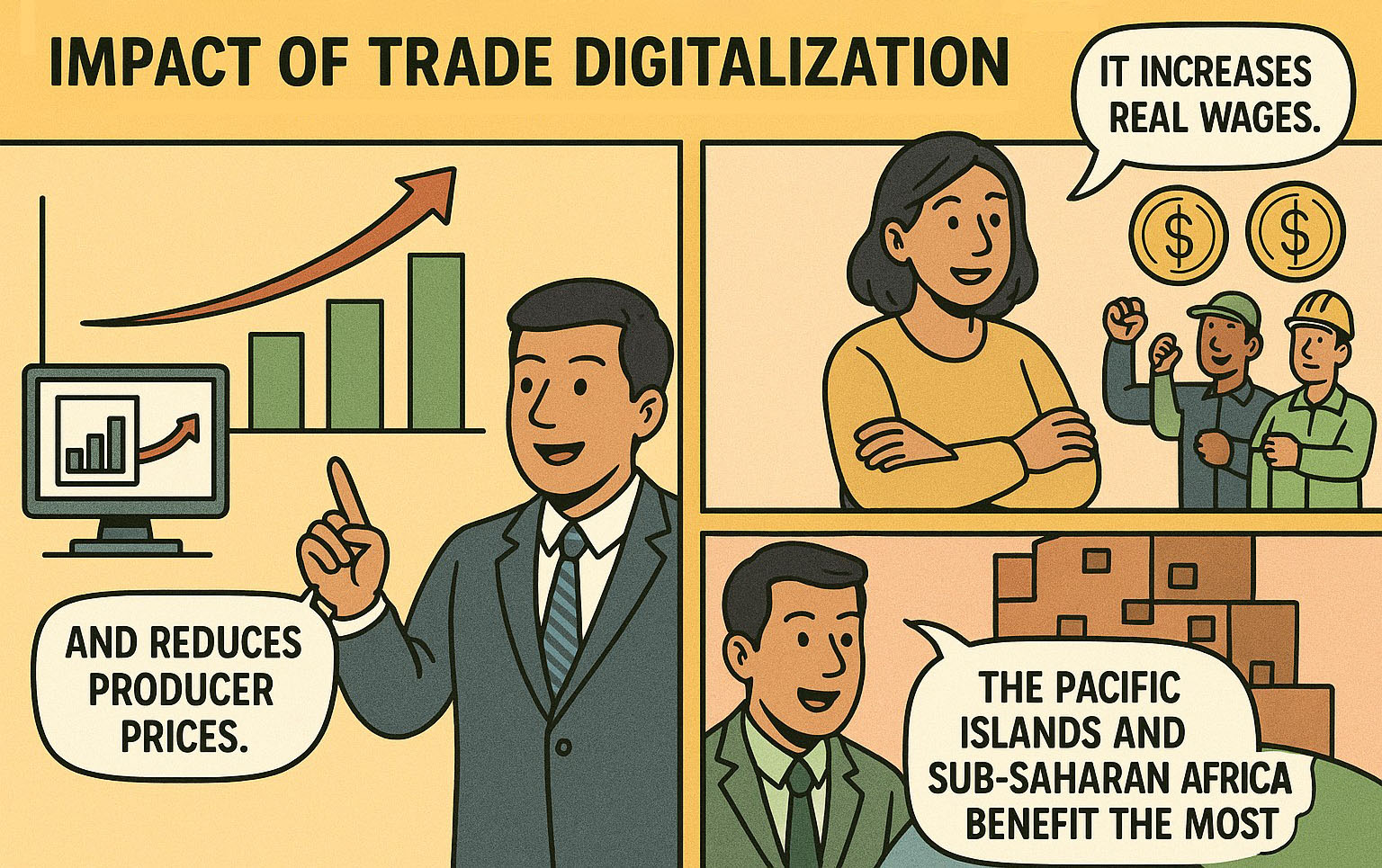
This comprehensive study, published by the United Nations Economic and Social Commission for Asia and the Pacific (UN ESCAP) in April 2025, was prepared by Chorthip Utoktham and Yann Duval. It investigates the macroeconomic implications of trade digitalization, particularly its influence on international trade flows, real wages, and producer prices, using an innovative and data-driven Read more

